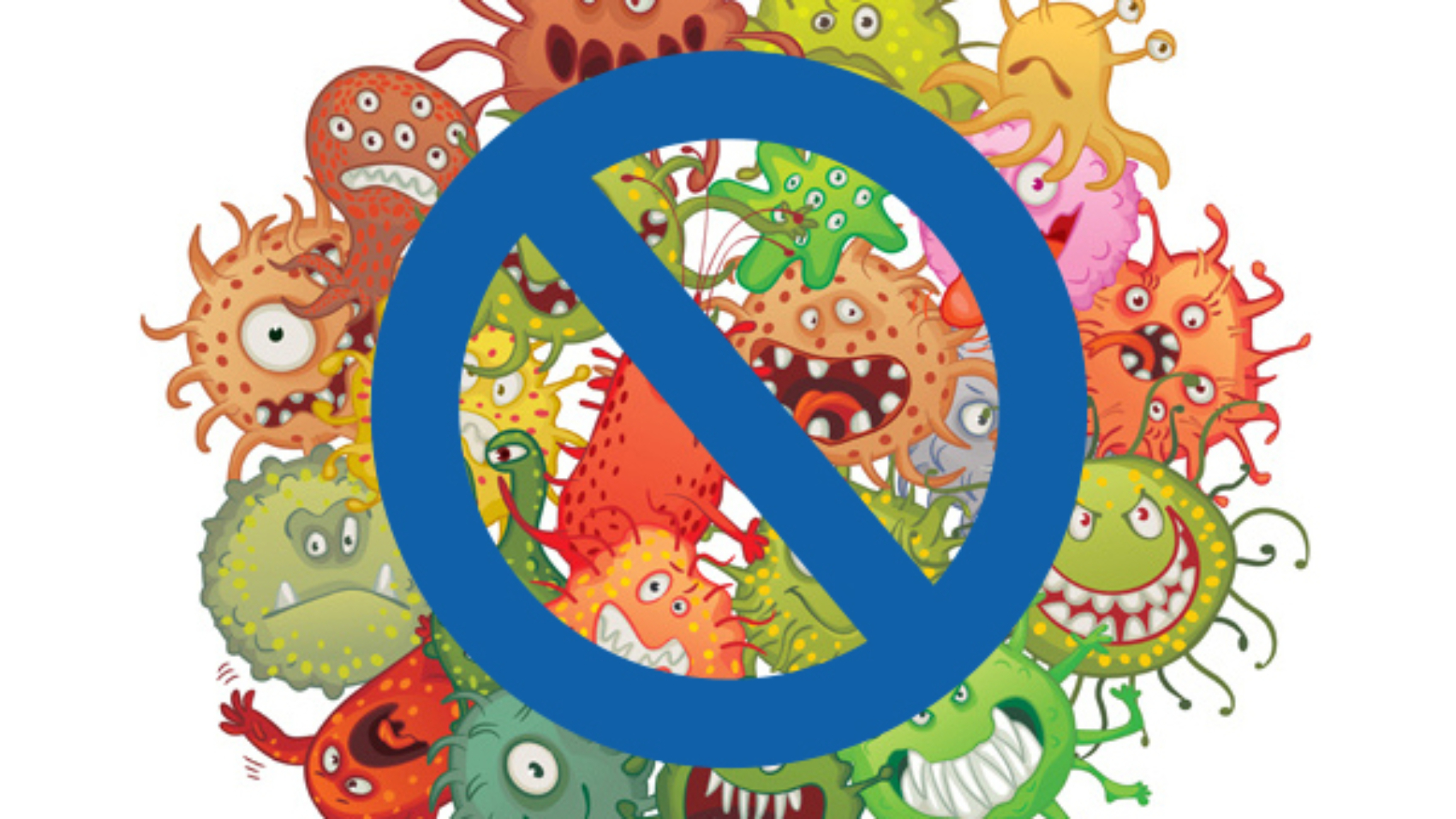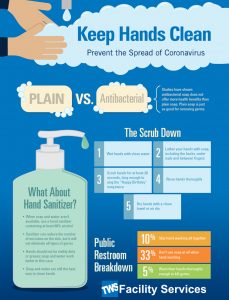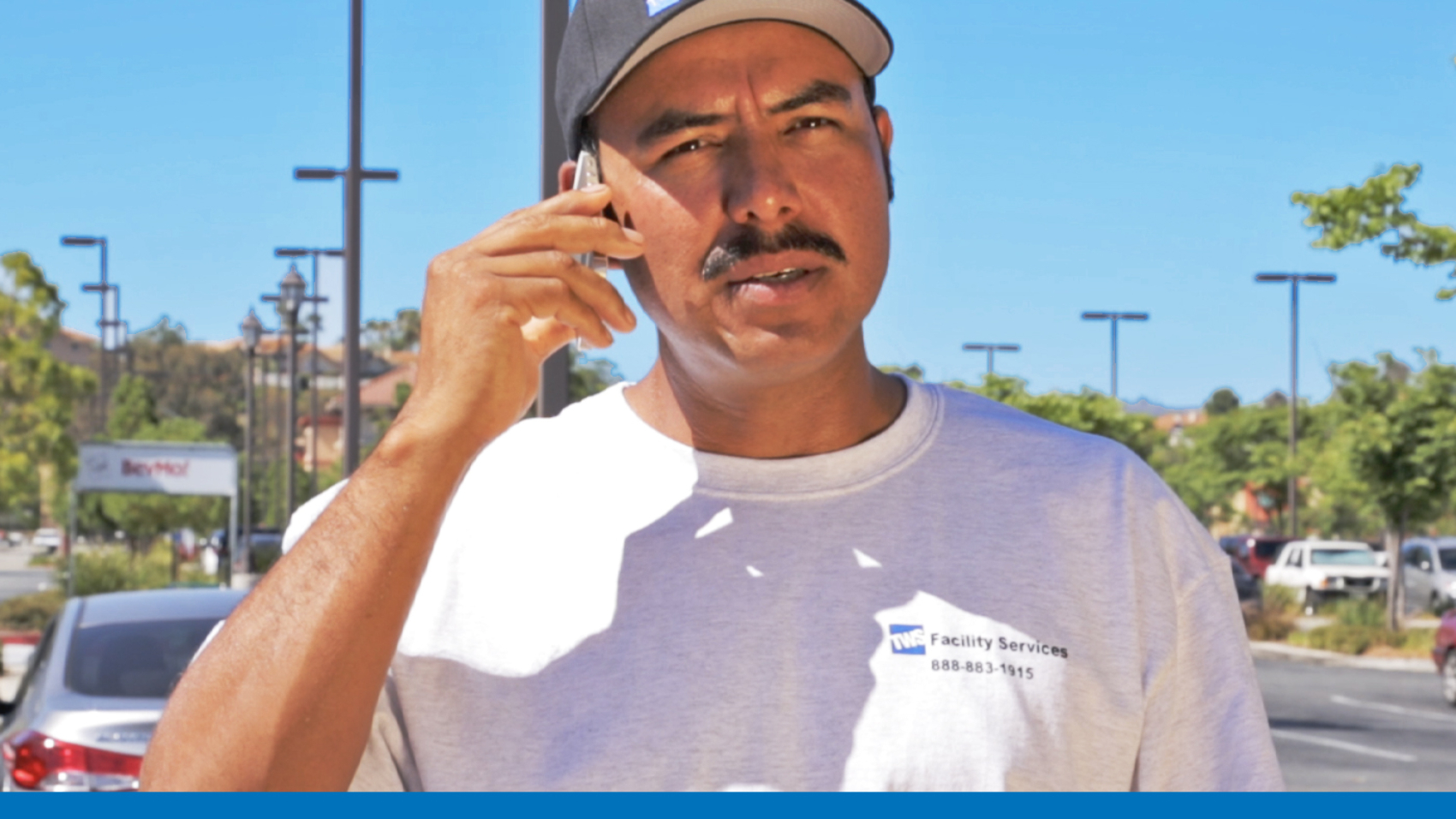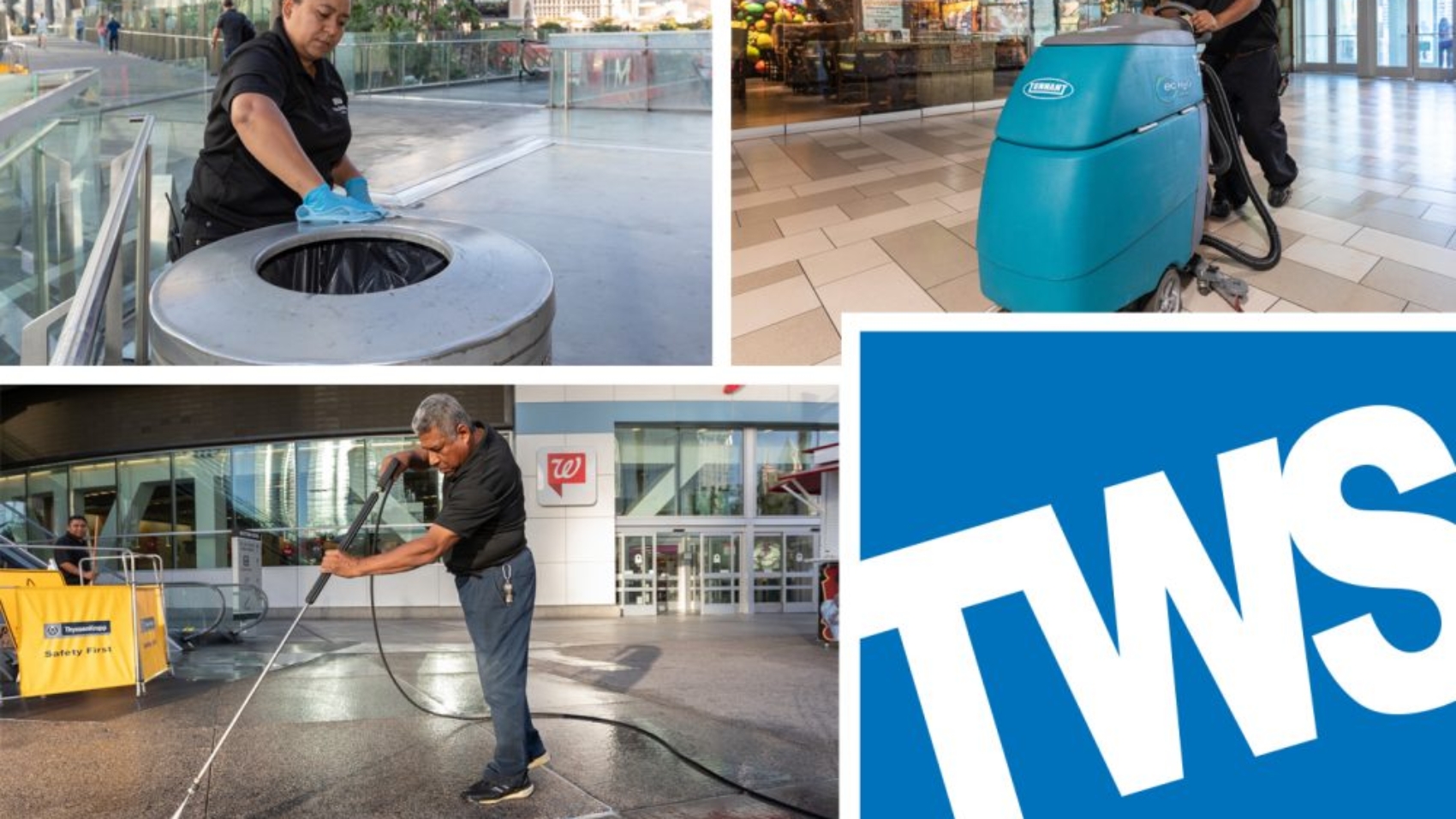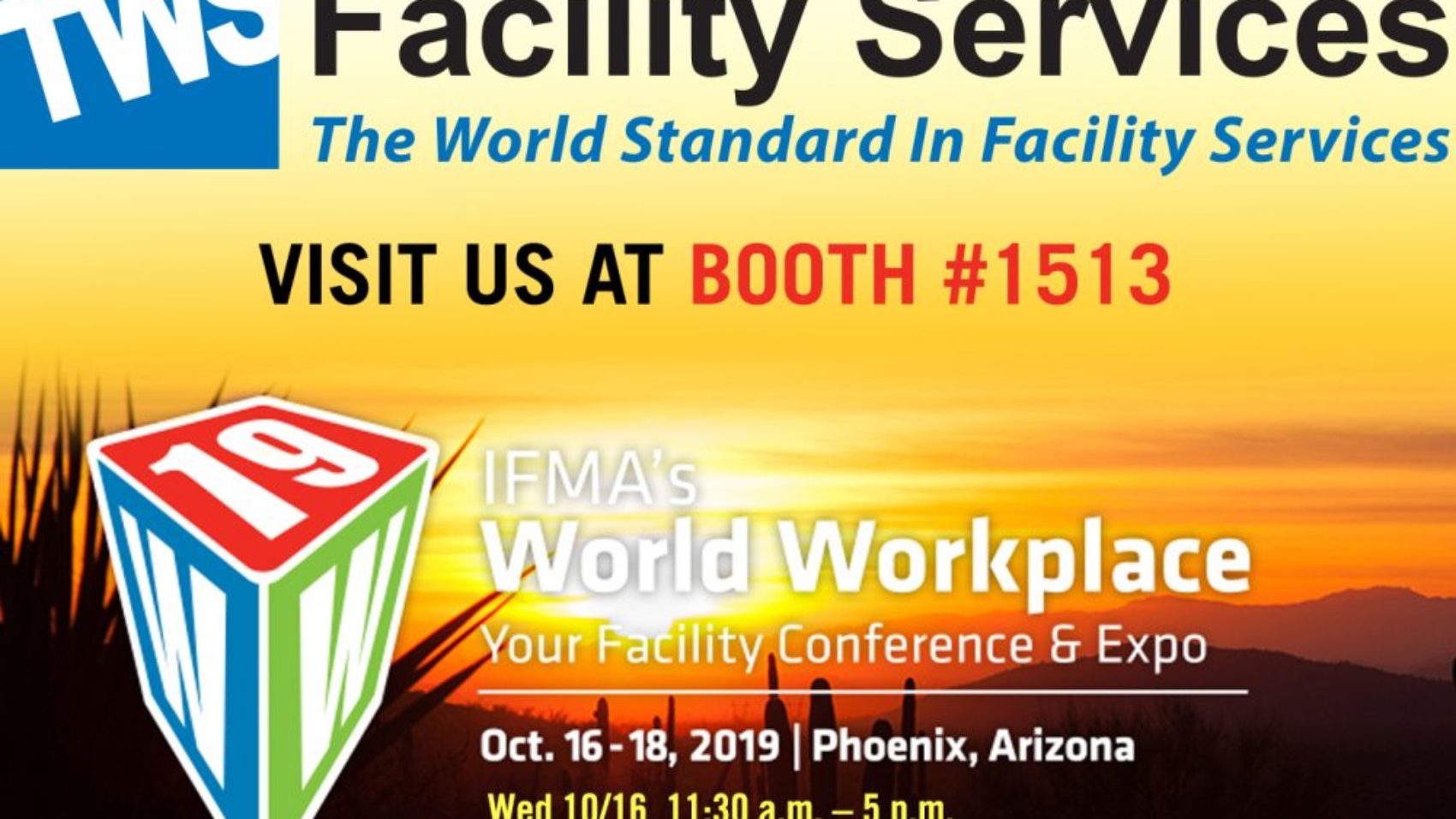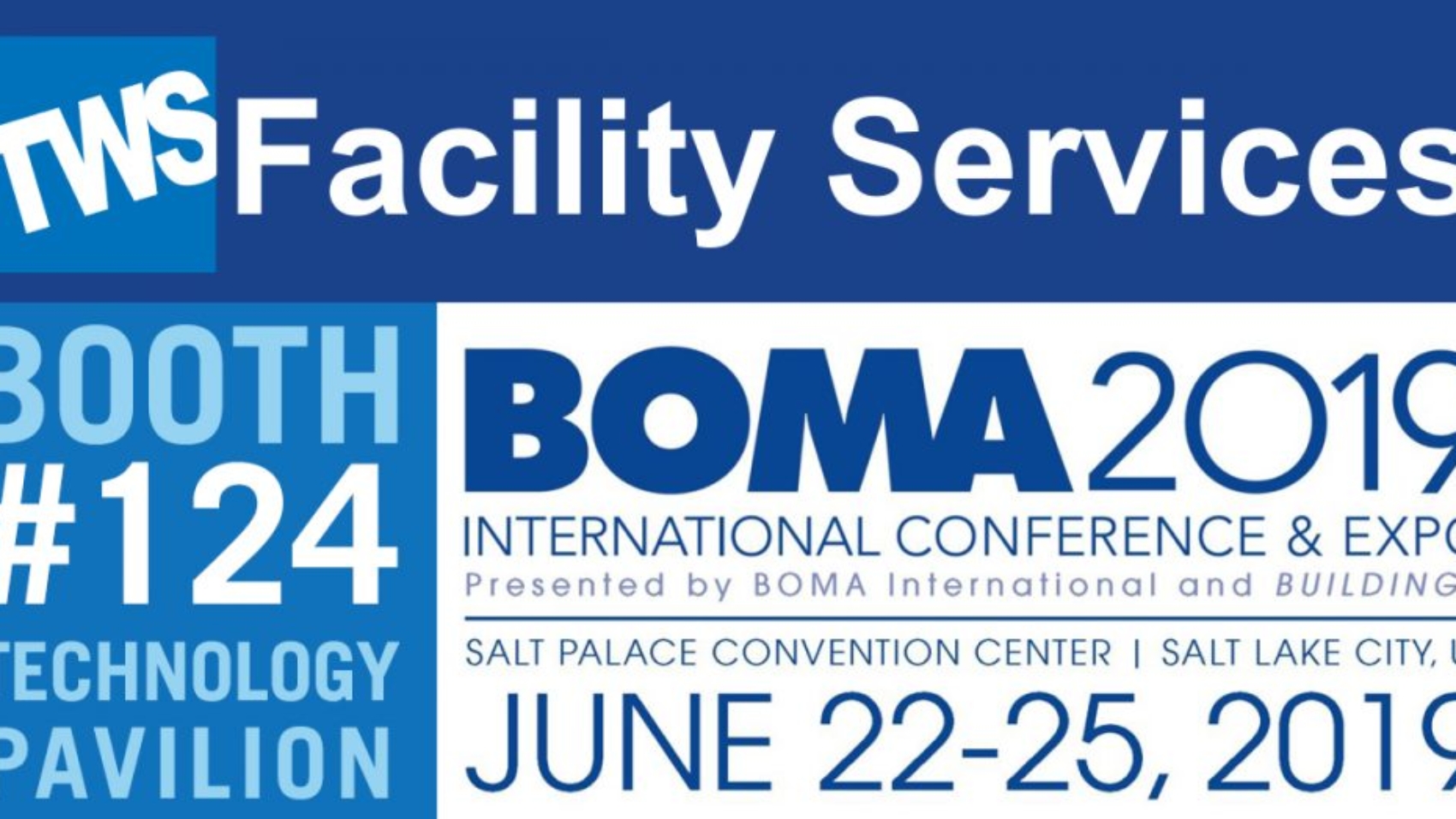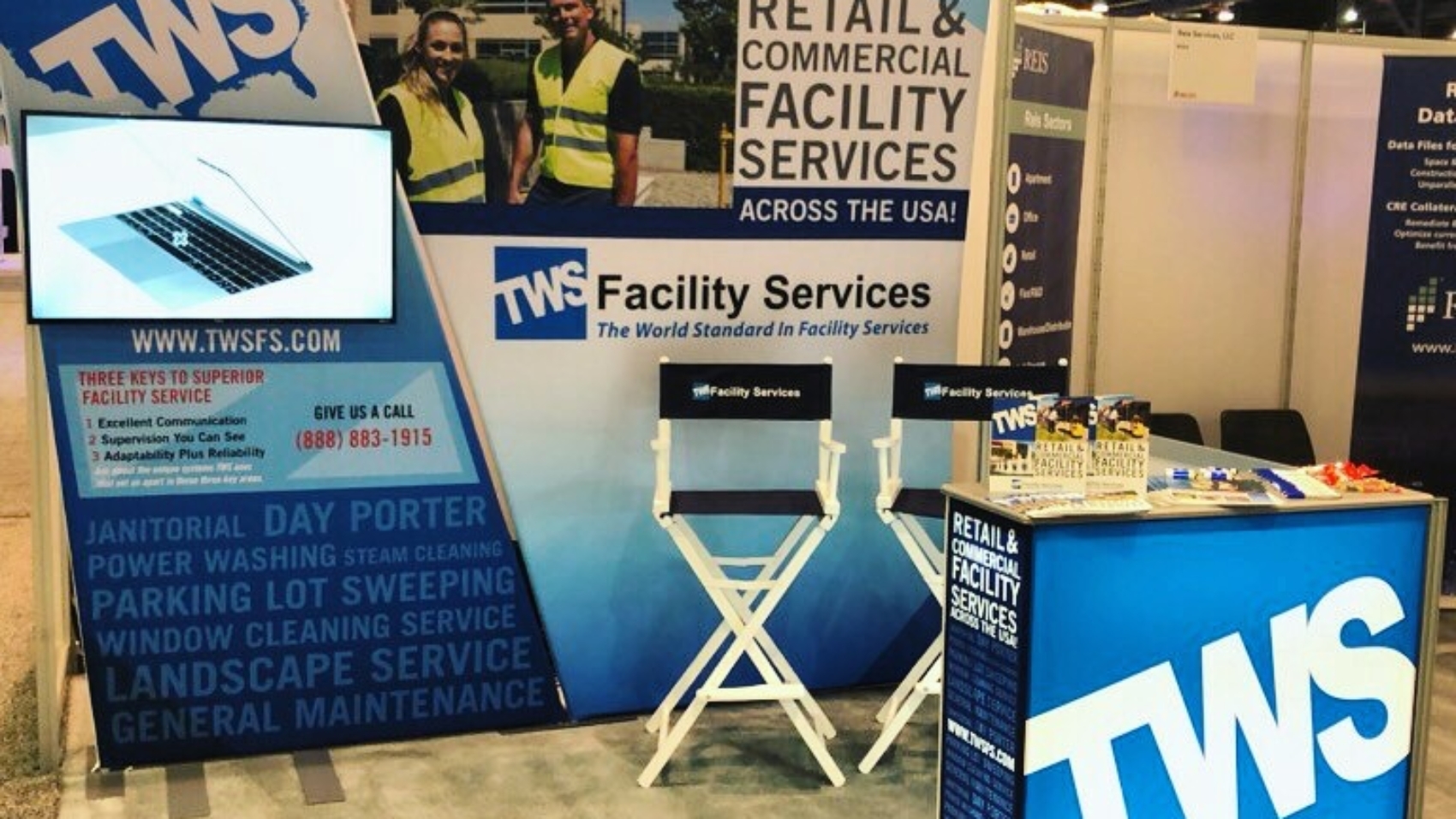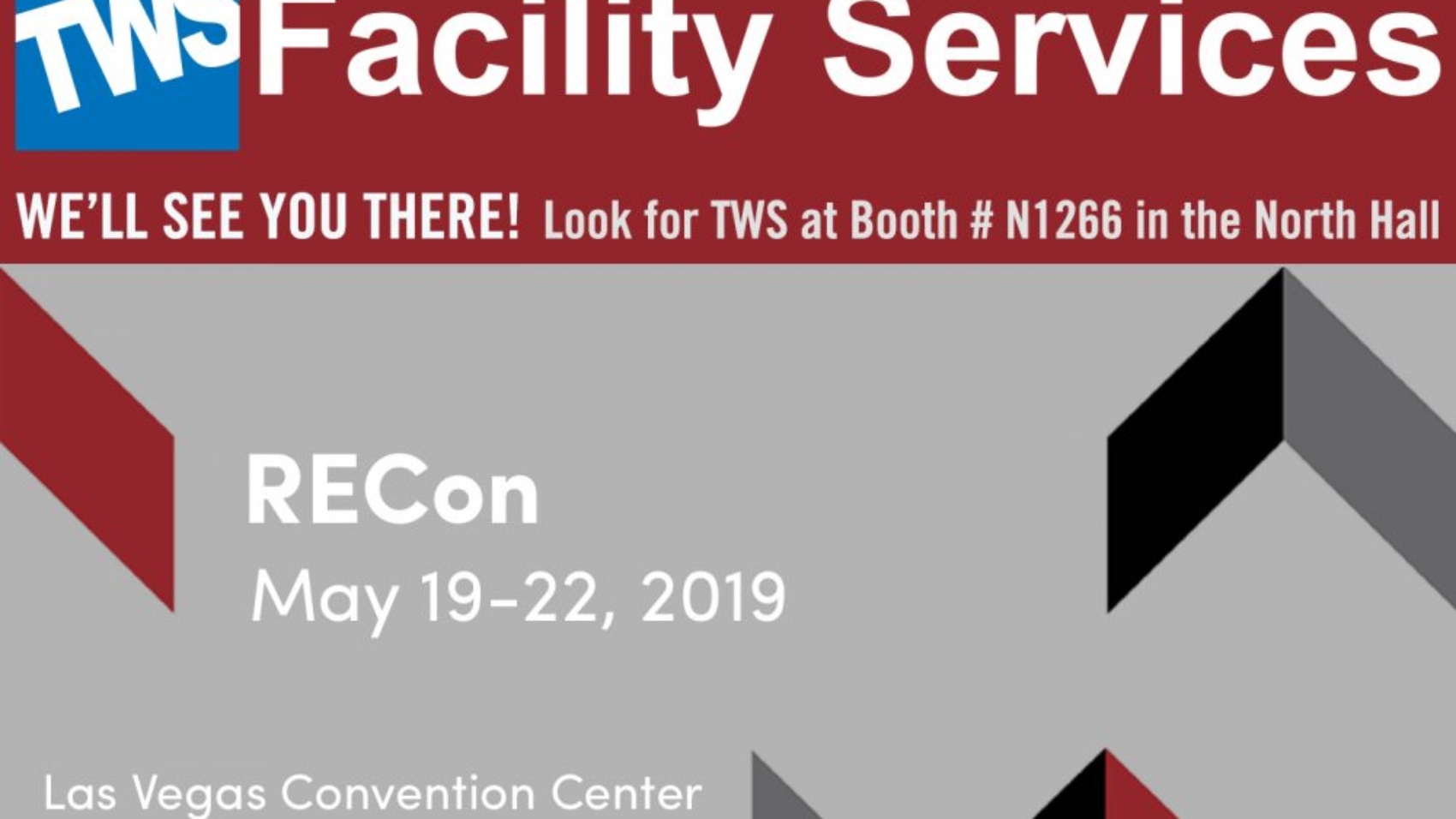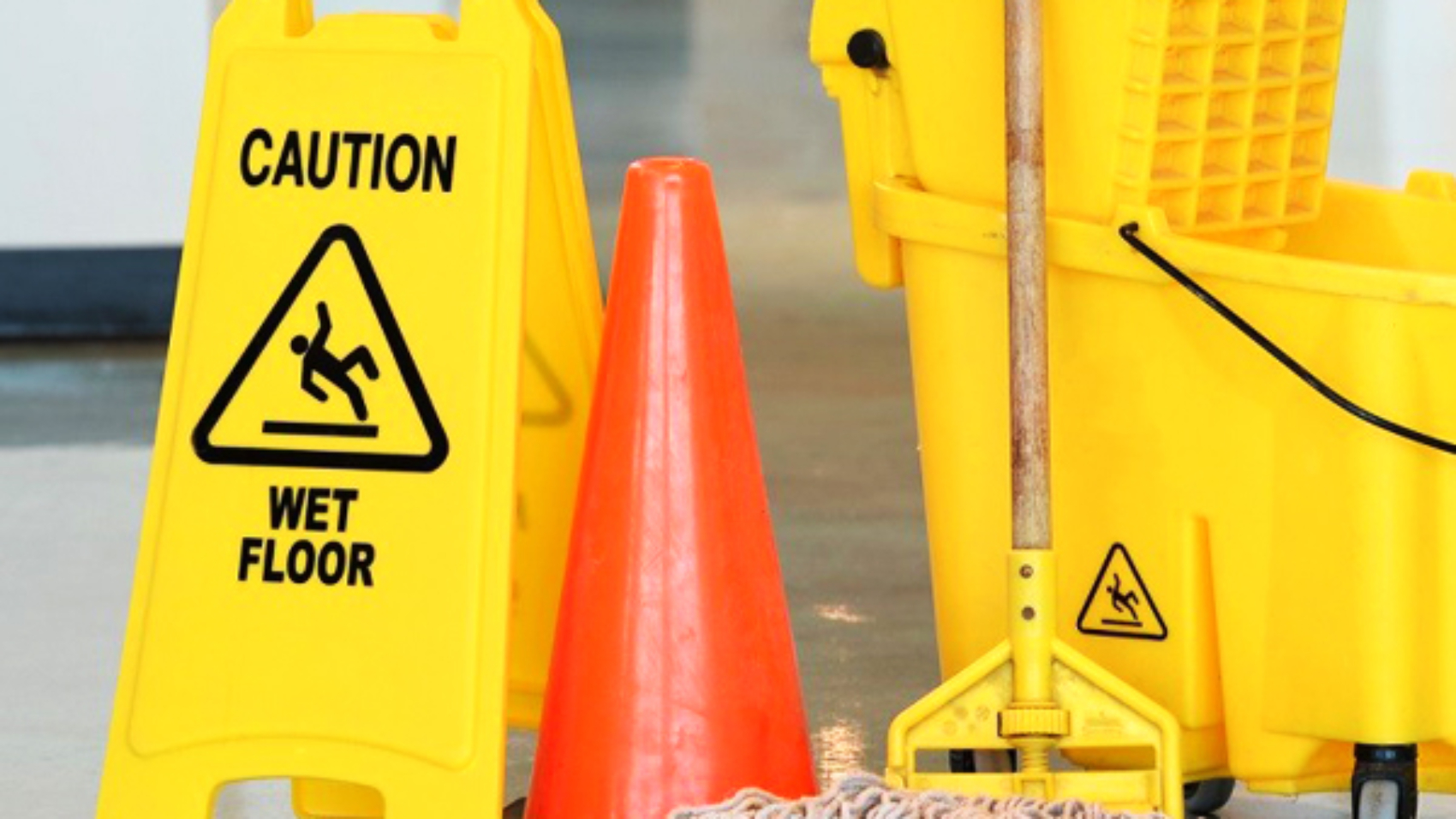A recent report from Coresight Research shows that about one-quarter of the people surveyed have changed their habits due to the outbreak of COVID-19, commonly referred to as the coronavirus. Nearly half of these are specifically avoiding shopping malls and retail centers, making these the third most avoided public areas, after public transportation and international travel. About 75% of people surveyed plan to limit their visits to retail destinations. Some states or counties in the USA are calling for or even mandating reduced social interaction. How can you take measures to reduce transmission on your property?
Clean and Disinfect Surfaces Regularly to Reduce Transmission of Viruses, Including Coronavirus
According to the Center for Disease Control, “transmission of novel coronavirus to persons from surfaces contaminated with the virus has not been documented”, and that “transmission of coronavirus occurs much more commonly through respiratory droplets than through fomite” (fomites are objects). However, “current evidence suggests that novel coronavirus may remain viable for hours to days on surfaces made from a variety of materials. Cleaning of visibly dirty surfaces followed by disinfection is a best practice measure for prevention of COVID-19 and other viral respiratory illnesses in households and community settings.” Visit the CDC’s website for more info.
Cleaning of visibly dirty surfaces followed by disinfection is a best practice measure for prevention of COVID-19 and other viral respiratory illnesses in households and community settings
In addition to coronavirus, we are in flu season, and the CDC notes that 80% of illness-causing germs are spread through touch, including surfaces, and so cleaning and disinfecting surfaces regularly is the best way limit outbreaks in an environment. Effective strategies also require a thorough approach that targets germs on both hard and soft surfaces.
Pay Attention to “High Touch” Surfaces
High-touch areas tend to be the main source of spreading bacteria and viruses, especially when located in communal areas. What high touch surfaces are covered by your janitorial team on a regular basis? Remember – viruses that cause the common cold, flu, and coronavirus can survive on these surfaces for hours.
The following need to be disinfected daily:
- Phones and Handsets
- Desks / Countertops / Tables
- Computer Keyboards & Mouses, Copier Machines & Printers
- Cash Register Keyboards/Screens and Order Screens
- Sinks and Faucets
- Restroom Facilities
- Elevator Buttons
- Light Switches
- Door Knobs/Handles and Drawer Handles
- Railings and Chair Arm Rests
- Trash Can Lids
- Floor Surfaces
“Soft Surfaces” Need Disinfecting Too
Carpets, curtains, upholstery, and other soft surfaces can be germ reservoirs. The flu virus can survive 12 hours on these types of surfaces, and coronavirus can also survive for hours on a variety of surfaces.
On the one hand, carpet acts as a filter by trapping allergens and keeping them out of the breathing zone. On the other hand, this “filter” needs to be cleaned, and not just when the dirt is visible.
Are these soft surfaces also being disinfected as a part of your ongoing facility service program? Also, consider an extra thorough cleaning right now and increasing your regular service to make your property safe and clean during this outbreak.
Reminders to Keep Clean
Although they should know better, people may need reminders to wash their hands after certain actions. Increasing awareness can help limit the spread of sickness. Thoughtfully placed signage can be useful here. Need help creating signs? Want to install hand sanitizing stations? TWS Facility Services is ready to take on any project you need to make your facility a well-maintained and welcoming environment.
Remind people to wash hands after:
- Emptying wastebaskets
- Touching used tissues
- Coughing, sneezing or blowing one’s nose
- Using the restroom
- Before and after preparing and eating food
- Before and after contact when caring for another person (i.e. an infant)
Soap and Water vs Hand Sanitizer
While hand sanitizer is better than nothing at all, washing hands with soap and water is still best. The CDC recommends “washing hands with soap and water whenever possible because handwashing reduces the amounts of all types of germs and chemicals on hands. But if soap and water are not available, using a hand sanitizer with at least 60% alcohol can help you avoid getting sick and spreading germs to others.” Read more here
To maximize the effectiveness of hand sanitizers, make sure to use a generous amount and to not wipe it off, but allow it to dry on the hands.
Use Products Effectively
An experienced facility service provider that doesn’t cut corners will be using the right products in an efficient and effective manner. Their team members should be properly trained to clean thoroughly and take appropriate precautions for their own safety. The facility service provider should be able to estimate the realistic amount of time necessary to do the job right. And it can’t be emphasized enough – make sure your service is regularly scheduled! Right now, an increase in service is recommended.
TWS is a facility service company that is dedicated to doing the job right as responsible members of our community and as a team committed to supporting our clients. You can count on us to take a thorough and effective approach to combat viruses as a part of our janitorial and day porter services. With regular and thorough facility service and additional service for disinfecting, you can actively support wellness in your facility and help ease concerns over the coronavirus outbreak in the community.
Need to improve your service plan? Contact us for a no-obligation chat about your concerns and find out the options that are available: 888-883-1915

